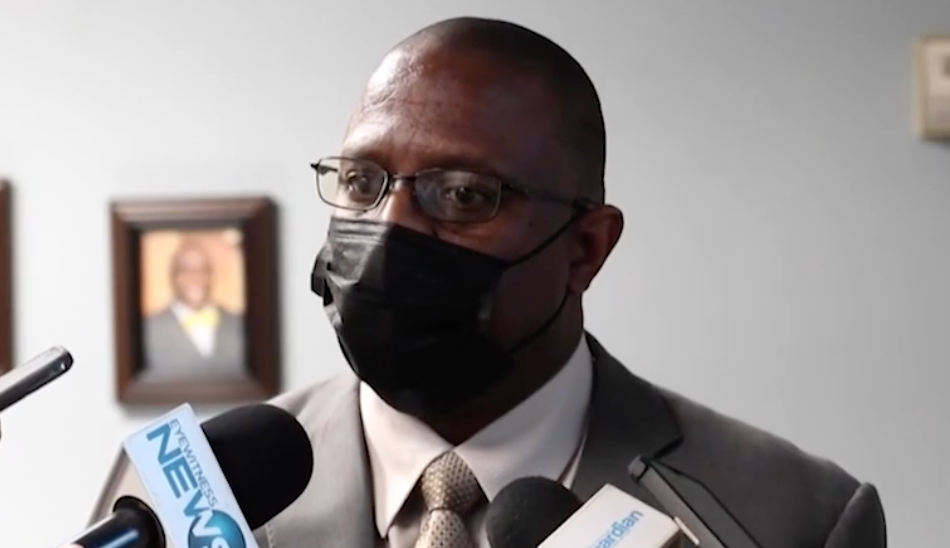NASSAU, BAHAMAS — Bahamas Power and Light (BPL) Chairman Pedro Rolle said yesterday the company’s current hedging program has not produced the expected results, and due to challenges with power generation, the “effectiveness of the hedge arrangement has diminished”.
This comes following calls from the opposition to explain the status of BPL’s hedging agreement,
Fuel hedging supposedly allows for better stability on the purchase price of fuel.
The effectiveness of the hedge going forward was greatly exaggerated in the press.
– BPL Chairman Pedro Rolle
BPL’s fuel surcharge stands at 10.5 cents per kilowatt hour (kWh) under the current hedge agreement, which was first entered into in June 2020.
Last Monday, BPL retracted a statement announcing a fuel charge increase, prompting Opposition Leader Michael Pintard to demand the government “come clean” on the fate of the hedging program and who, if subsequent transactions were not executed by BPL, gave the order to cancel them.
In a statement yesterday, Rolle said contrary to Pintard’s statement, the government never canceled BPL’s fuel hedge arrangement that it met in place.
He said the current arrangement remains, but has not produced the “results expected” as the effectiveness of the arrangement is “directly related to the mix of fuel”, which existed before the current administration took office.

“However, because of issues with power generation, the optimal fuel mix has not been adhered to and the effectiveness of the hedge arrangement has diminished,” the chairman said.
“The effectiveness of the hedge going forward was greatly exaggerated in the press.
“It was clear from before the change in the political administration…that the savings the company expected would not follow.
“The net effect of this is when the government assumed office in September 2021, BPL was near insolvency.
“Clearly, this position had nothing to do with any decision of this administration, but it better reflects the stewardship of the previous government.”
Rolle said transitioning to a lower-cost fuel for generation and increasing renewable energy would lead to lower cost of energy in a “climate-friendly manner”.
He added that the government is working on providing “real solutions” in both areas.
In BPL’s retracted statement, it explained the increase would have resulted in an $8 increase per month for low-usage consumers and as much as $19 per month for those using 600 kWh.
In the retracted release, BPL CEO Whitney Heastie said waiting to adjust the fuel cost when the existing hedge expires in June would result in a higher per-kilowatt-hour increase.

Last Tuesday, Minister of Works & Utilities Alfred Sears said BPL’s board’s plan was reversed as Cabinet had not discussed the matter, noting that the power company’s release was “premature”.
In response, Pintard called for the matter to be explained, considering the rising fuel costs that would be passed on to consumers.
“Who is it that made the ill-advised decision to essentially cancel the program, resulting in a comedy of errors that has embarrassed the minister and the administration?” Pintard asked.
“We call on the administration to come clean and explain to the Bahamian public the fate of the unprecedented fuel hedging program left in place at BPL by the FNM (Free National Movement) administration, which has been definitively demonstrated to have saved Bahamians and the public purse about $55 million to date as projected when the program was initially put in place.”
He said the fuel charge remained at 10.5 c/kWh, with the average consumer’s bill dropping 24 percent by July last year compared to the same period in 2018.






